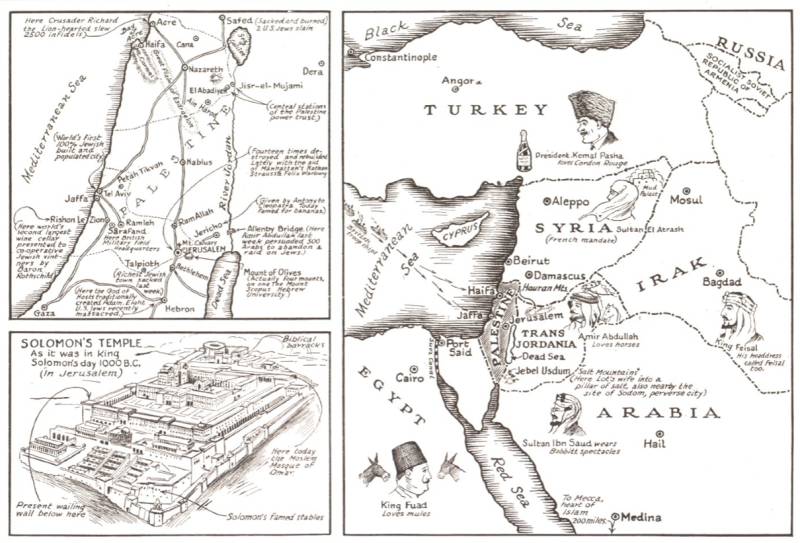
In the Middle East, the ongoing situation in the Gaza Strip represents a critical juncture, highlighting the lack of widespread peace and prosperity within this diverse region. A key factor contributing to this state of affairs is the prevalence of authoritarian political systems, which lack the necessary fervor for establishing genuine peace.
The impact of this issue is deeply significant, especially for the Palestinian population. The humanitarian crisis in Gaza is intensifying, with Israel enforcing a siege and issuing eviction orders for a substantial portion of the population in response to a missile attack by Hamas that led to loss of more than 1,300 lives and the abduction of 150 Israelis, reportedly for use as hostages. On the other side of the divide, millions of innocent civilians find themselves in the line of fire, facing indiscriminate bombardment, and the threat of displacement looms large.
Hamas's missile attack, while celebrated as a historic move by some, has wrought devastating consequences, primarily impacting the Palestinian population. The pursuit of Palestinian freedom, a legitimate and long-standing goal, is a stark reflection of the profound divisions within the region. It is imperative that this pursuit does not fall into the hands of extremist groups like Hamas, as their actions place civilian lives and well-being in a precarious position. The current strategy raises significant ethical and humanitarian concerns.
The shadow of European colonialism still looms large over the region. The "divide and rule" policies of imperialist powers have sown seeds of discord, exacerbated historical divisions, and fostered sectarianism as a tool for maintaining control.
The roots of this tragic situation are complex and multifaceted, revealing deep divisions within the Muslim world, characterized by predominantly authoritarian structures that prioritize the use of violence to suppress internal contradictions over justice. This fragmentation weakens collective diplomatic efforts to address the Israeli-Palestinian conflict, making it challenging to find a peaceful and just resolution.
The ongoing crisis underscores the pressing need for diplomatic and humanitarian interventions to avert further suffering and loss of life, a task complicated by the absence of common ground between Israel and regional powers. Consequently, the Israeli-Palestinian conflict extends beyond regional boundaries, evolving into a global concern that mandates a unified endeavor to foster enduring peace and stability.
While the Gaza Strip situation is acute, it is one facet of the broader challenges facing the Middle East. Beyond this immediate conflict, the prevalence of authoritarian regimes, the legacy of colonialism, and regional power struggles are intertwined factors contributing to the region's instability.
The shadow of European colonialism still looms large over the region. The "divide and rule" policies of imperialist powers have sown seeds of discord, exacerbated historical divisions, and fostered sectarianism as a tool for maintaining control. These colonial-era structures persist and contribute to the region's fragmentation.
Unity and cooperation within the region are hindered by a lack of a collective approach to addressing shared challenges. While there are organizations like the Arab League, and also the Organization of Islamic Countries (OIC) they often face difficulties in achieving consensus among their member states, making it challenging to present a united front.
The Middle East's complex web of tribal, sectarian, and geopolitical rivalries has thwarted attempts at lasting peace and stability, even in the post-Cold War era.
The Cold War played a crucial role in shaping the Middle East's dynamics, as the United States and the Soviet Union competed for influence. This competition contributed to the region's polarization, often along ethnic and sectarian lines. However, even after the Cold War ended with the dissolution of the Soviet Union, the Middle East did not witness the anticipated stabilization. Instead, the geopolitical landscape underwent transformations that further exacerbated the situation.
The 1990s marked a brief lull in international tensions, with the United States emerging as the sole superpower. During this time, the United States and its Western allies intervened in the Middle East, ostensibly to bring about regime change, promote democracy, and address security concerns. However, these interventions often left behind a power vacuum, leading to anarchy and ongoing conflicts.
Moreover, the Arab Spring, which began in 2010, raised hopes for democratic reform but resulted in instability, the rise of extremist groups, and political turmoil in various countries. The Middle East's complex web of tribal, sectarian, and geopolitical rivalries has thwarted attempts at lasting peace and stability, even in the post-Cold War era.
The situation in the Middle East remains intricate, with ongoing conflicts, humanitarian crises, and political instability. Efforts to address these issues must consider the region's complex history, power dynamics, and the role of international actors.
To secure a more prosperous and peaceful future, the diverse nations of the Middle East must come together in unity and cooperation. This involves addressing the legacy of colonialism, promoting good governance, upholding human dignity, and seeking common ground with antagonistic powers like to resolve long-standing conflicts.
Addressing the legacy of colonialism is fundamental to healing the wounds of the past. Promoting good governance, the rule of law and preserving human dignity is essential for sustainable peace and prosperity. Diplomacy and dialogue offer the best chance for peaceful resolution. By uniting in purpose, the Middle East can transform itself into a beacon of peace and prosperity for its entire people.

